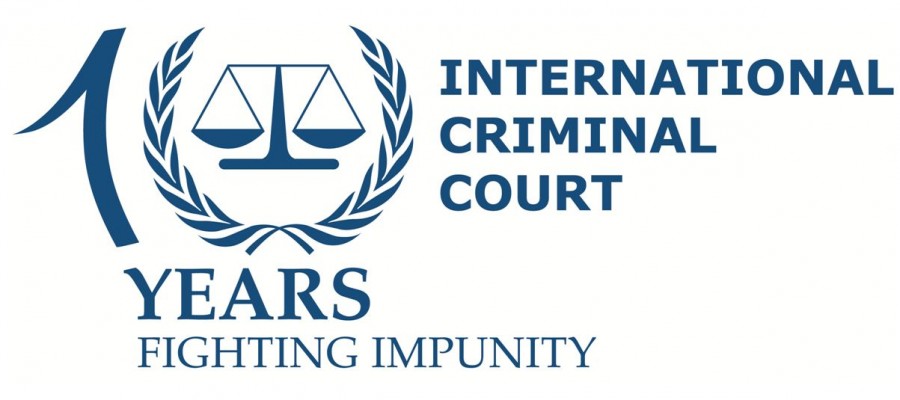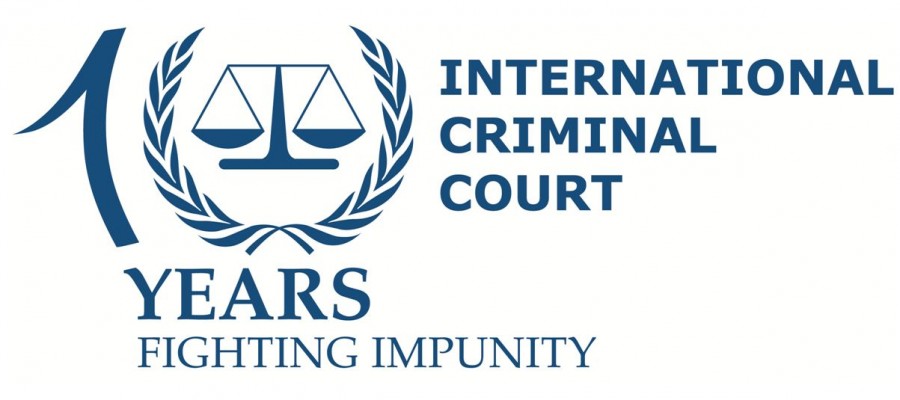
South Africa Once Again Mulls Ties to International Criminal Court
The South Africa government is considering its continued participation in the International Criminal Court (ICC) with caution and if it withdrew from the body would do so in a responsible manner. International Relations and Cooperation Minister Maite Nkoana-Mashabane on Thursday reiterated the view that the ICC, also known as the Rome Statute, unfairly targets the […]

The South Africa government is considering its continued participation in the International Criminal Court (ICC) with caution and if it withdrew from the body would do so in a responsible manner.

International Relations and Cooperation Minister Maite Nkoana-Mashabane on Thursday reiterated the view that the ICC, also known as the Rome Statute, unfairly targets the continent.
“We are still consulting the ICC … (If) we pull out, we will do so in a responsible manner. We will make sure that we consult with the important agencies and make a conclusion at the end,” Mashabane told a media briefing.
South Africa was the first African country to sign up to the ICC and adopted the court’s founding Rome Statute into domestic law. However, Pretoria is now of the view that the ICC is not serving its mandate as it says Africa is treated unequally to other member states.
At the recent African Union summit held in Addis Ababa at the weekend, President Jacob Zuma said: “Our strongly held view is that it is now impossible, under the circumstances, for South Africa to continue its participation in the Rome Statute. South Africa is seriously reviewing its participation in the Rome Statute and will announce its decision in due course.”
According to Mashabane, the unfairness of the ICC was not a South African issue alone but was also noted by other African Union member states.
She said the AU summit also discussed Africa’s growing concerns with the manner in which the ICC has conducted itself in relation to African countries.
“Africa feels very disappointed with the way business is conducted in the ICC. With 34 of the 54 of our member states (AU) being members of the Rome Statute, we thought that was to show that Africans do not want and do not believe in impunity. However, what we are observing is more and more of what is called an ‘African criminal court’,” she said.
African countries have been of the view that the ICC targets the continent, while worse atrocities are committed elsewhere around the world. They have noted that the court tends to move with speed when it comes to African cases.
Since being set up as a means to try war criminals and perpetrators of genocide who were never tried in their home countries, the ICC has opened probes involving eight nations – all of which are African. These are Kenya, Ivory Coast, Libya, Sudan, Democratic Republic of Congo, Central African Republic, Uganda and Mali.
At the AU summit, leaders agreed to come up with a roadmap which will lead to the withdrawal from the court.
The summit, which was held under the theme “2016 – African Year of Human Rights, with Particular Focus on Women’s Rights”, also called for the reform of the UN Security Council.
In his speech at the summit, Zimbabwe’s President Robert Mugabe – the outgoing AU chairperson – lamented the continued dominance of developed countries over world affairs, as well as the lack of African representation in the UN Security Council.
The continent’s oldest leader called on UN Secretary General Ban ki Moon, who was present, to work toward reforming the UN so that it proves to be a global body where all member states equally enjoy it.
Discussions on the reforms, Mashabane said, are underway and they are looking at how the powerful 15-nation body should be expanded in its permanent and non-permanent categories.
She said African leaders want the UN to allow more representation in the council, especially for developing countries.
“It’s not asking for too much if 54 (African) countries ask for two seats,” she said, noting that some continents with smaller countries have bigger representation than Africa.
Source: SAnews.gov.za
